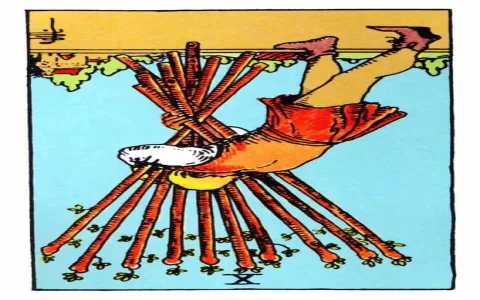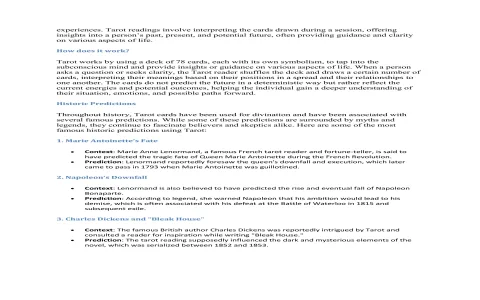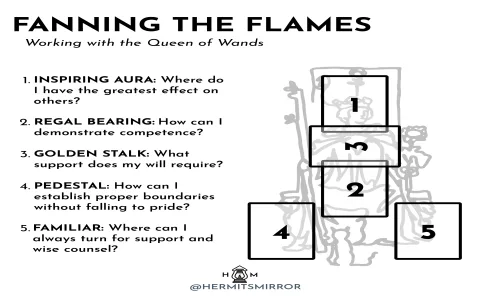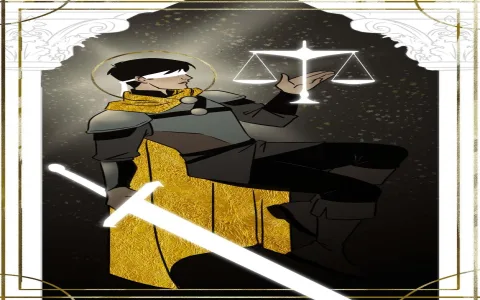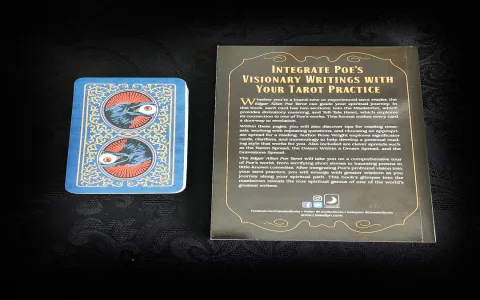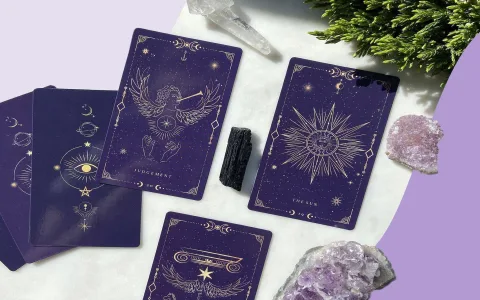Why I Started Dragging Those Ten Wands Myself
You see this card, the Ten of Wands? Everybody talks about the burden and the stress, right? But nobody really tells you how you get there, especially in love. I’m not just reading this from a book. I lived it. I started digging into this card a few years back, not because I was running some cute little academic study, but because I felt like I was literally carrying the entire damn relationship on my back, and my spine was about to snap.
I was in a relationship that started out light and easy, but slowly, over maybe two years, everything started getting systematically dumped on my plate. It wasn’t just the obvious stuff—the bills, the appointments, the remembering of anniversaries. It was the emotional weight. The constant need to manage the other person’s mood, to be the sole source of positivity, to plan every single move we made. If I didn’t initiate it, it didn’t happen. If I didn’t fix it, it stayed broken. It was a total mess.
My own reading for myself kept popping up with the Ten of Wands. Over and over. I was pulling my hair out. I knew the textbook meaning: overburdened, stressed, success achieved at a heavy cost. But that didn’t help me figure out how to put the wands down without blowing up the whole structure. My real practice started right there, in the middle of my own misery, figuring out the practical escape route.
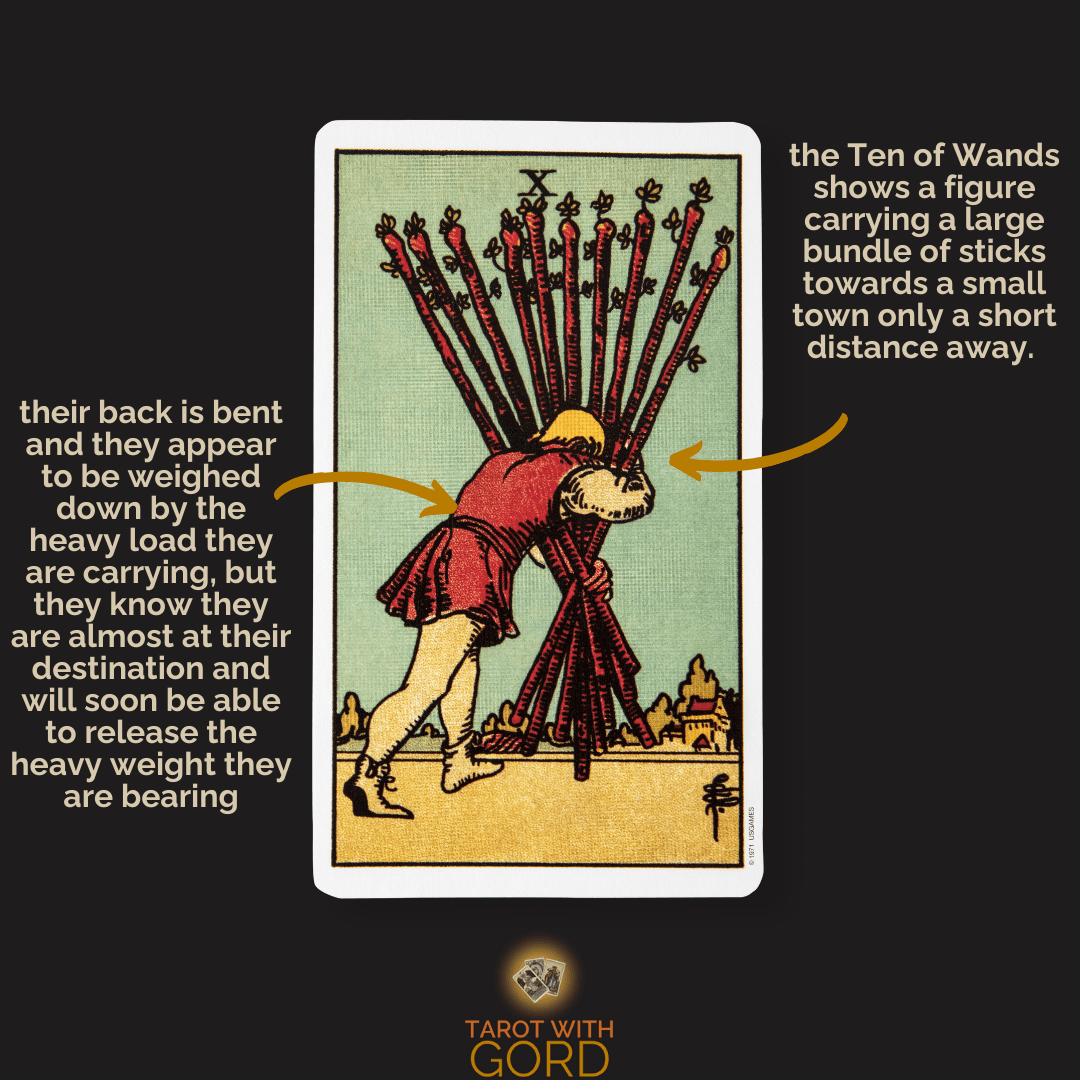
Diving Into the Messy Reality: Cross-Referencing the Burden
I decided to ignore the standard, fluffy Tarot books for a while. They give you the ‘what,’ but not the ‘how to survive.’ My practice became a raw data collection exercise. I started reaching out through my community—old clients, folks on forums, followers who wrote in—and I specifically started tallying up real-life relationship situations where the Ten of Wands showed up in a reading.
I gathered a pool of over 200 specific relationship scenarios where this card dominated the spread. I didn’t care about the surrounding cards at first; I just focused on the central experience. I created massive, crude spreadsheets. On one side, I listed the ‘Wands’—what the person felt they were carrying (financial stress, emotional labor, childcare, career sacrifice, etc.). On the other side, I listed the ‘Source of the Burden’—was it external pressure, or was it the partner being passive, or was the seeker unwilling to delegate?
The results were enlightening and messy, just like real life. It wasn’t a neat 50/50 split. About 70% of the readings I logged showed that the burden wasn’t forced upon the seeker; they actively picked up the wands because they felt nobody else could do it right, or they feared conflict if they asked for help. They were essentially self-sabotaging out of perfectionism or anxiety.
I cross-referenced this with the outcome. Did the relationship survive? If they put the wands down gently, the relationship often survived, but it required a massive, often painful renegotiation. If they simply dropped the wands and walked away (which was the emotional reaction most of them wanted), the relationship ended, but they usually felt immediate relief, even if it led to temporary loneliness.
The Breakthrough: Realizing the Weight Is Optional
This whole process—spending months digging through these hundreds of personal stories and comparing them to my own situation—showed me the core practical truth of the Ten of Wands in love. It’s not just about stress; it’s about control masked as responsibility.
- I started recognizing the specific language used by those carrying the burden: “It’s faster if I do it myself.” “They never seem to remember.” “If I stop, everything collapses.”
- I realized the practice wasn’t about finding a magic spell to make the partner start helping. It was about teaching the seeker (and myself) how to tolerate imperfection and risk the outcome.
In my own case, I looked back at my logs and realized that every time my partner offered to take a wand, I subtly undermined them or redid the task later. I was creating the Ten of Wands situation because, deep down, I didn’t trust the stability of the relationship unless I was actively controlling every variable. That was the breakthrough moment—the practical realization that the heavy relationship wasn’t heavy because of the load, but because I had glued the wands to my own back.
My advice, derived from logging this whole painful, practical journey, became simple: You don’t need to drop the whole pile yet, but you must find one, just one wand, and hand it off. Let it fall if it needs to. See what happens. That action, that tiny risk, is the only way to shift from the stress of the Ten to the renewed vision of the Two of Wands. It took me six months of intentional, painful delegation, but I finally realized I wasn’t a bad partner for asking for help. I was just terrible at sharing the load. That’s the real practice the Ten of Wands forces upon you.

